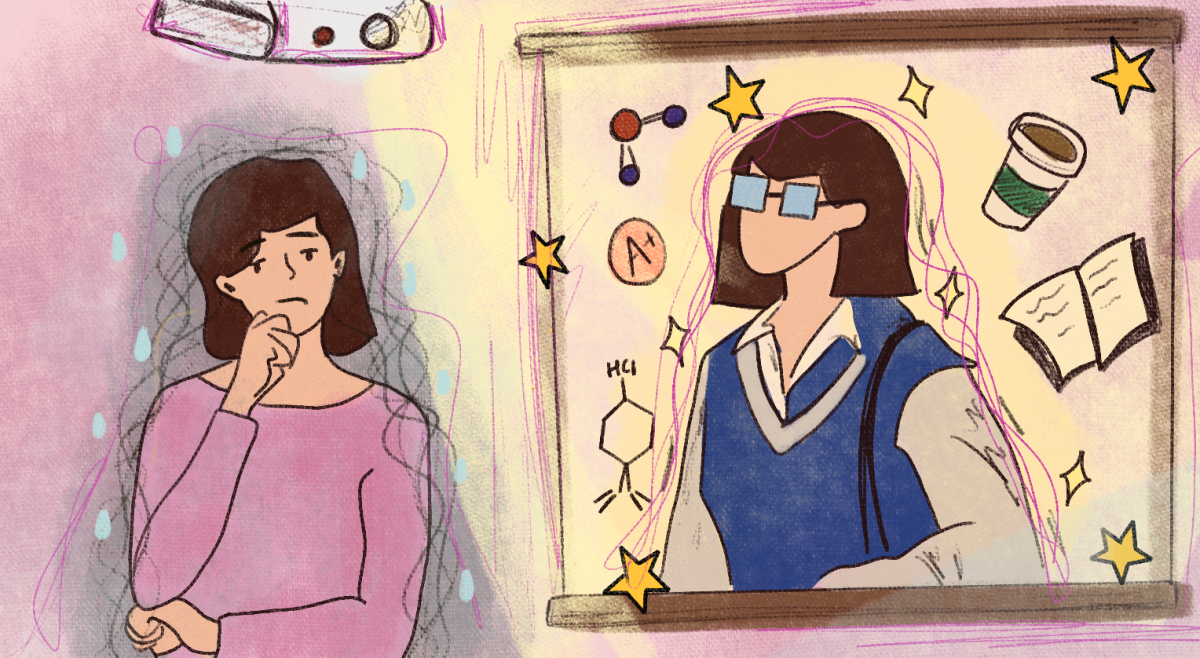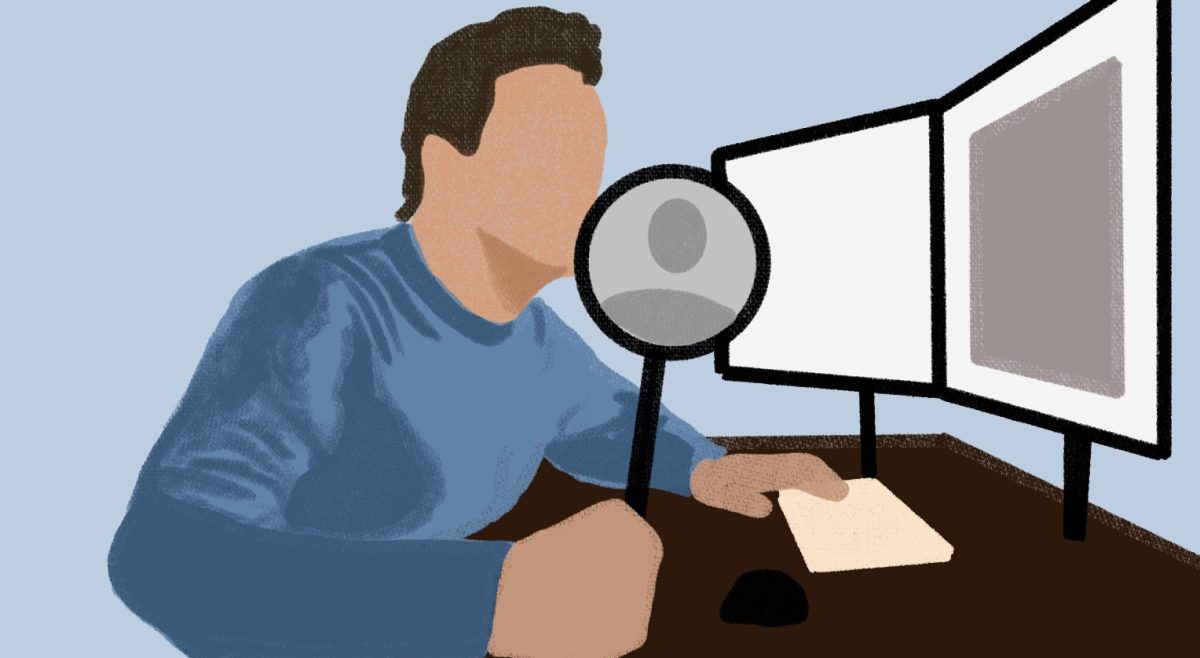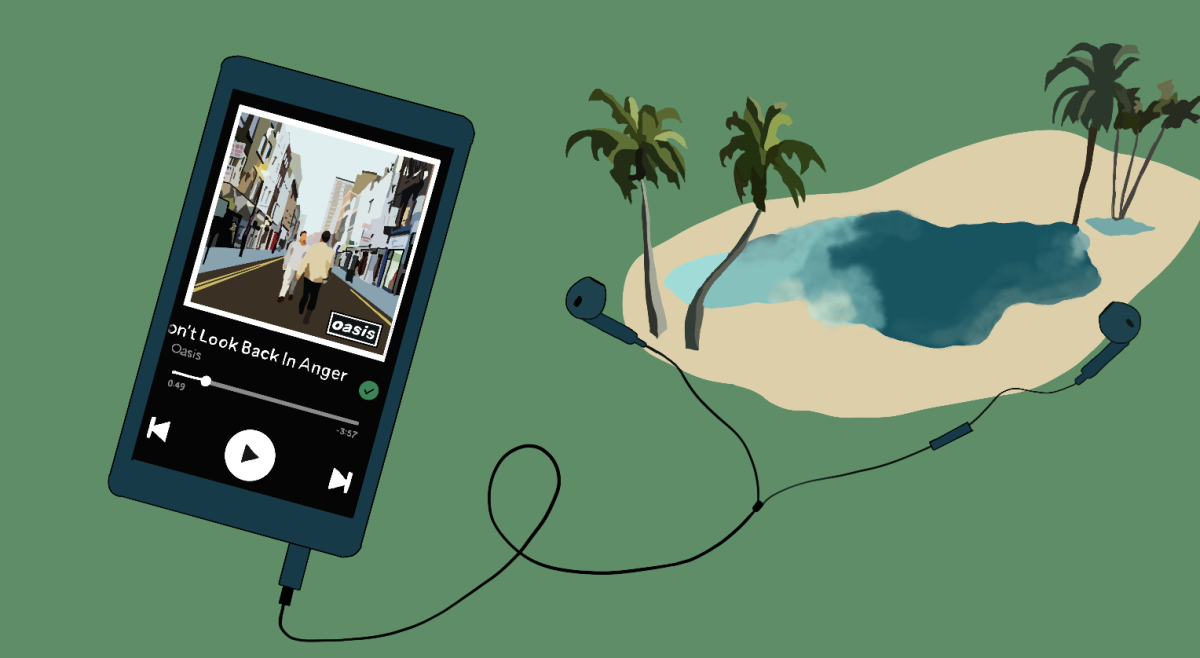Everyone connected with the BC community is familiar with the story of Welles Crowther. In the panic and confusion of the Sept. 11 terrorist attacks, the 1999 BC graduate spent his final moments helping others, bringing as many as he could to safety. Every fall, the football team honors the former lacrosse player’s memory with the Red Bandana game, and the Red Bandana 5k run is a staple on a brisk October Saturday morning each year.
Like Crowther before him, Pete Frates is another former BC student-athlete that has gone on to change the world and inspire many to be “men and women for others.” Since being diagnosed with ALS in 2012, Team Frate Train has raised millions of dollars to bring ALS research to the forefront of the scientific community.
The BC undergraduate experience is famous for its “cura personalis,” the care for the entire person. As much as we are encouraged to pursue our own passions and interests, it is also very important to look outward and tend to the needs of others. The extensive core curriculum—including philosophy, theology, history, fine arts, and social sciences—exposes us to radically different ideas and issues that confront the world today.
My education at BC doesn’t end once I leave the Quad. Every day I go to practice, games, or workouts and receive further lessons about what “Ever to Excel” truly means and how I can live in the spirit of “magis.”
Growing in character is emphasized as much as developing on-field skills. Sharing meals with teammates and engaging in the community are all a necessary part of creating a cohesive and consistent team. In my last column, I argued that much of the sustained success of the Patriots must be attributed to the elite culture of the organization. There is a certain way to act once you become a Patriot. The same can be said for a Boston College athlete.
Teams at BC often have Jesuits on staff to help cultivate players’ spiritual side. Rev. Chris Calderon, S.J., is the team chaplain for the baseball team, and even though we have players of all different faiths, the Jesuit tradition still resonates regardless of each player’s chosen creed. Once a week at practice, Chris conducts one of his “Ignatian workouts.” He designs these activities to highlight the fact that we cannot win baseball games by ourselves, nor can we go through our lives alone. There will be times when we need help, and there is no shame in calling upon a friend for assistance.
During one of the more memorable Ignatian workouts, Chris brought out an 80-pound dumbbell to the field and asked a timid freshman to curl the weight in front of the team. Naturally, he couldn’t do it, but the team stood and watched him struggle for a few minutes before he soon gave up. He finally asked, “Can I ask for help?” Of course, that was the point of the exercise. You can feel quite isolated when confronted with tasks that seem daunting, almost impossible—such as curling 80 pounds, or needing to sweep Notre Dame on the final week of the season. If you try to accomplish these things alone, then yes, they probably will be impossible.
BC athletes are trained to notice these instances—both when to ask for a friend and when to provide a helping hand. Once you embrace this mindset, it erases all sense of doubt in your ability. So what if I make an error? So what if I walk a guy? So what if I just gave up a home run? We’ll get them back, I know one of my teammates will make a play. Likewise, if I see a teammate struggling, I know I have to focus in and pick him up, help him out, and get back on track.
When the Jesuit mission creeps into athletics, you have the ingredients for a special team, perhaps even a special season. I know that culture alone doesn’t win games, but it certainly helps. In 2016, our baseball team was always talented enough to make a Super Regional, but in that season it was the culture and leadership of the team that pushed us over the top in the most pivotal moments.
But when these lessons that we learn as athletes carry over into everyday life, we have the recipe for some pretty extraordinary people. The Navy SEALs have a saying that when the situation gets hectic, you fall back to the degree of your training. In the face of unimaginable circumstance, Welles Crowther fell back to his bedrock beliefs: If you have the ability to help others, do so. Pete Frates took the devastation of an ALS diagnosis and went to work. There would be no complaining, self-pity, nor worry. It was time for these athletes to go to work, time for them to change the world.
It would be unfair to attribute the impact of these two great BC men simply to the lessons they learned as a student-athlete. But I don’t think it is a coincidence, either. I believe Jesuit education has the power to change lives. As we become “men and women for others,” we are subtly pushed toward pursuing fulfilling lives of community involvement and social awareness. Armed with a Jesuit education, Crowther and Frates have shown that one person can change the world. I feel nothing has truly impacted my character as much as my daily dose of Jesuit brotherhood.
Featured Graphic by Nicole Chan / Graphics Editor













